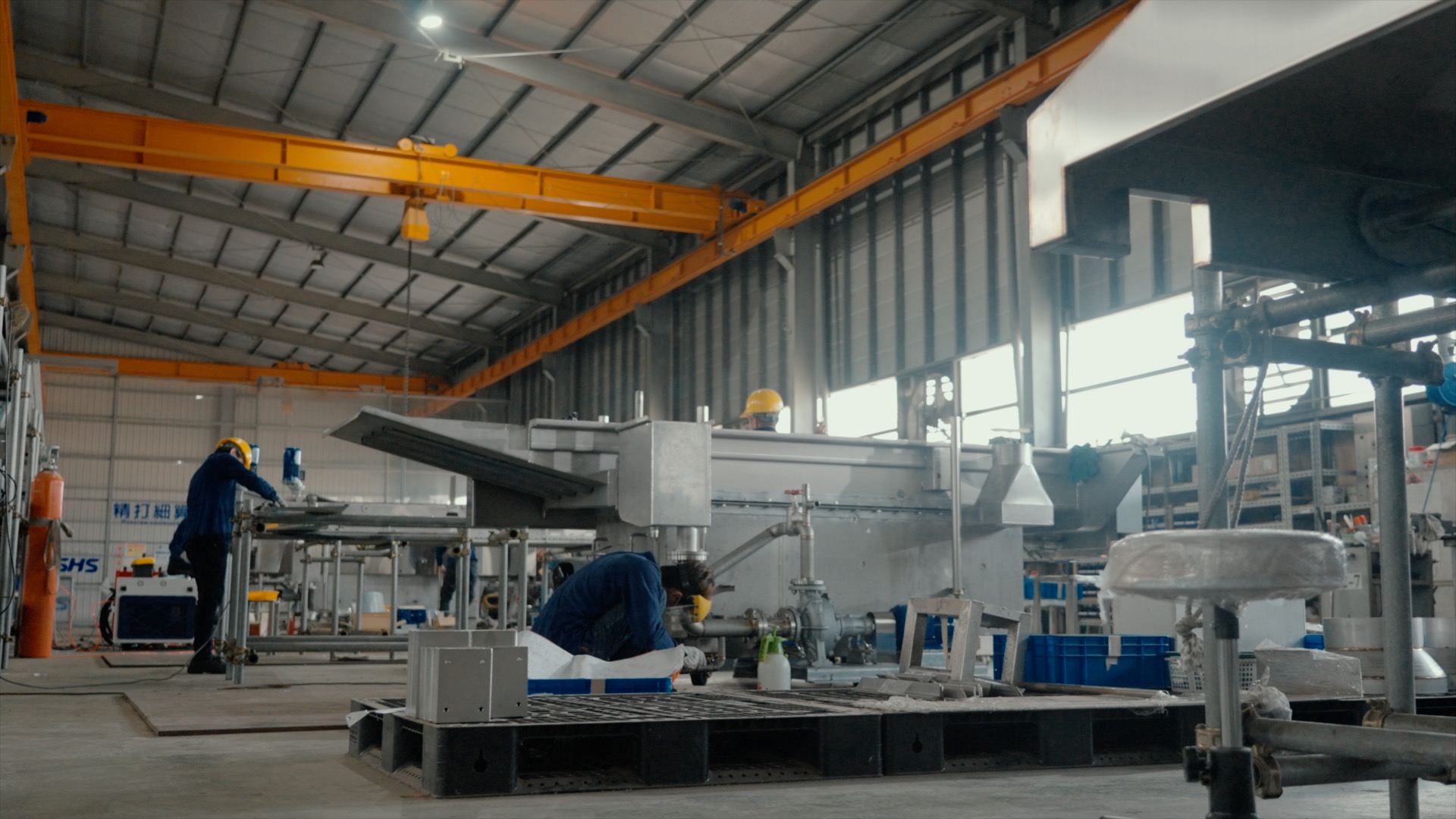 |
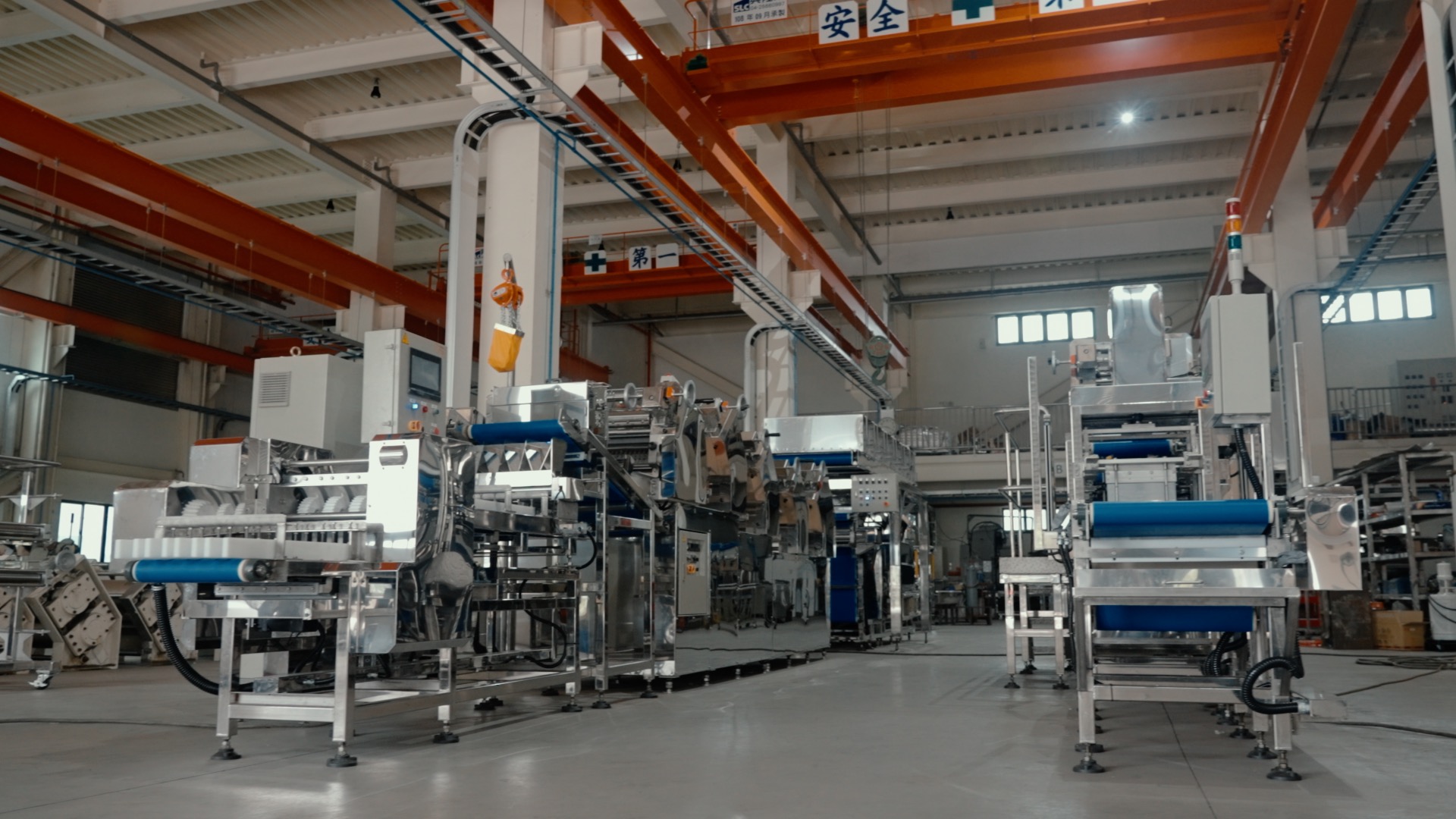 |
As the cost of living rises, consumers are becoming more budget-conscious, while infrastructure for raw materials, energy and water sources are being increasingly tested by extreme weather. Confronted with this situation, Taiwanese companies have long used machines to reduce manufacturing energy consumption, while improving efficiency and reducing costs.
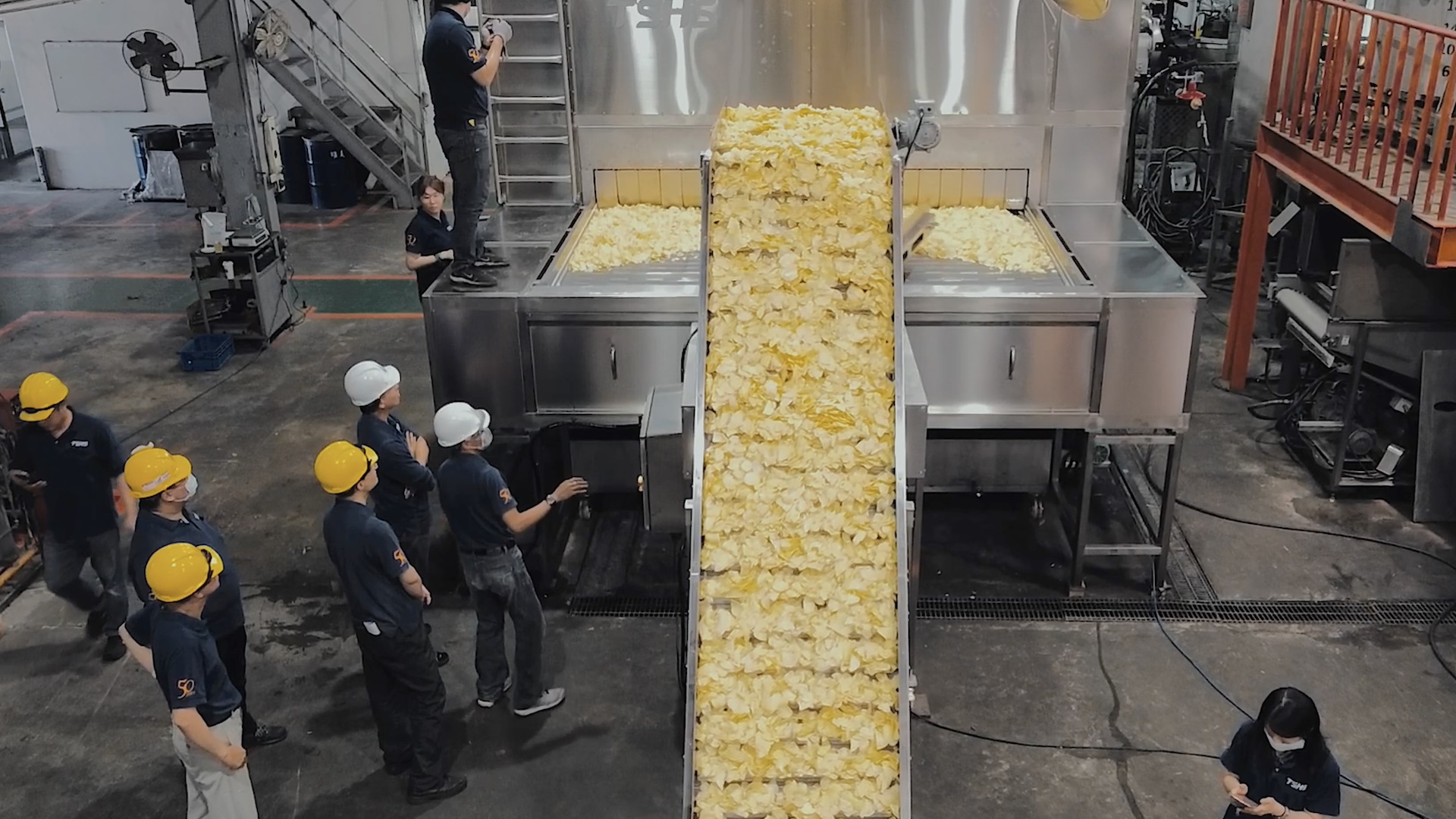 |
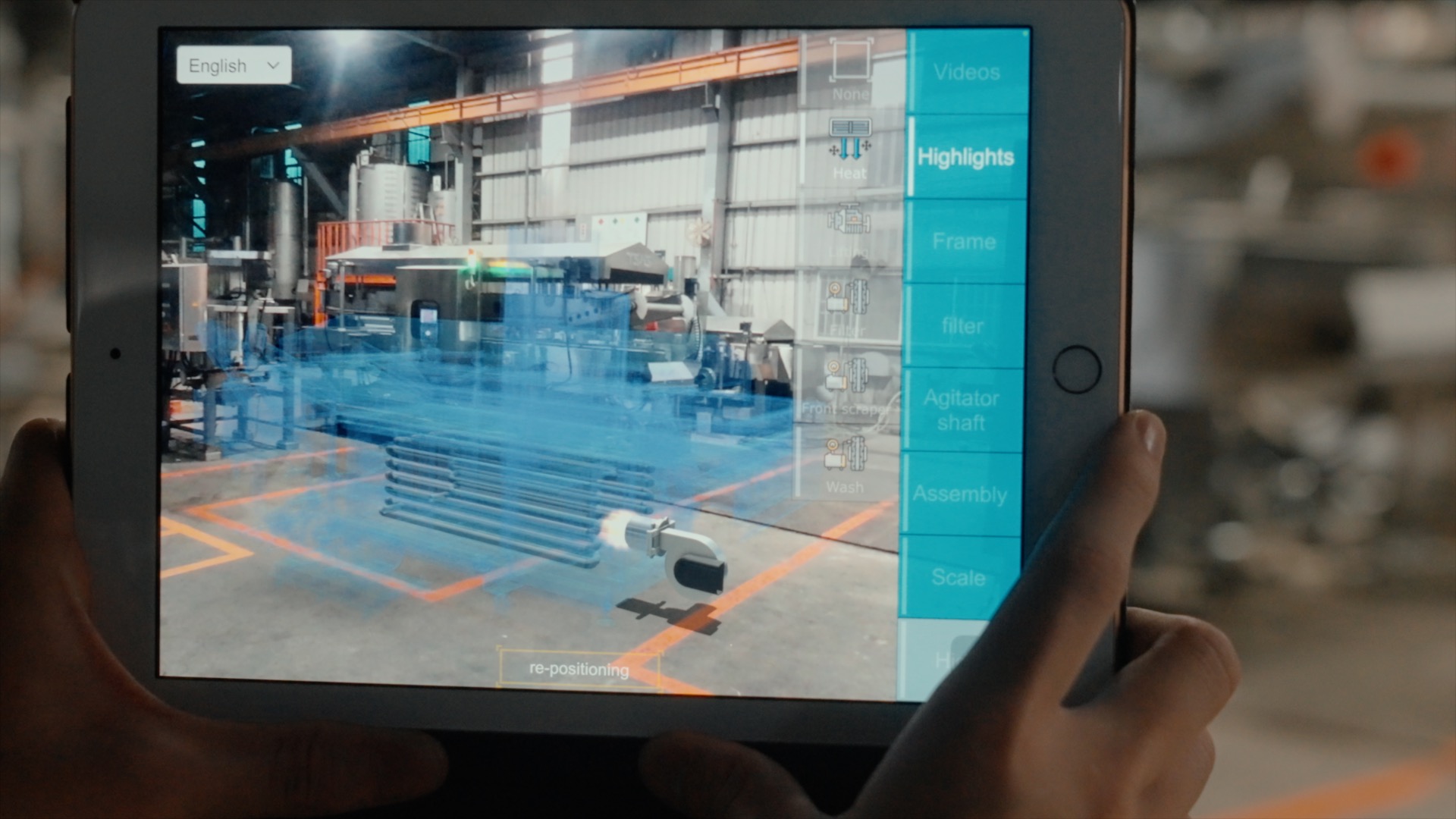 |
For example, an exclusive heating technology can increase the heat exchange rate of fryers from 55% to 70%, effectively reducing oil consumption by 20%, but also reducing the heat emission temperature from 550°C to 430°C, saving energy; while fully automatic noodle making machines can produce 500 packs of noodles per minute, helping international food manufacturers make products more quickly and maintain stable production capacity. Mu-Lin Hsieh, Chairman of the Taiwan Turnkey Project Association, explains that Taiwan is able to resolve many production problems using reliable equipment, turnkey integration capabilities, and intelligent displays. In the context of the unequal international distribution of food and the climate crisis, Taiwanese companies are able to assist customers in transforming crops into high value-added processed products, contributing to the stable development and supply of local food.
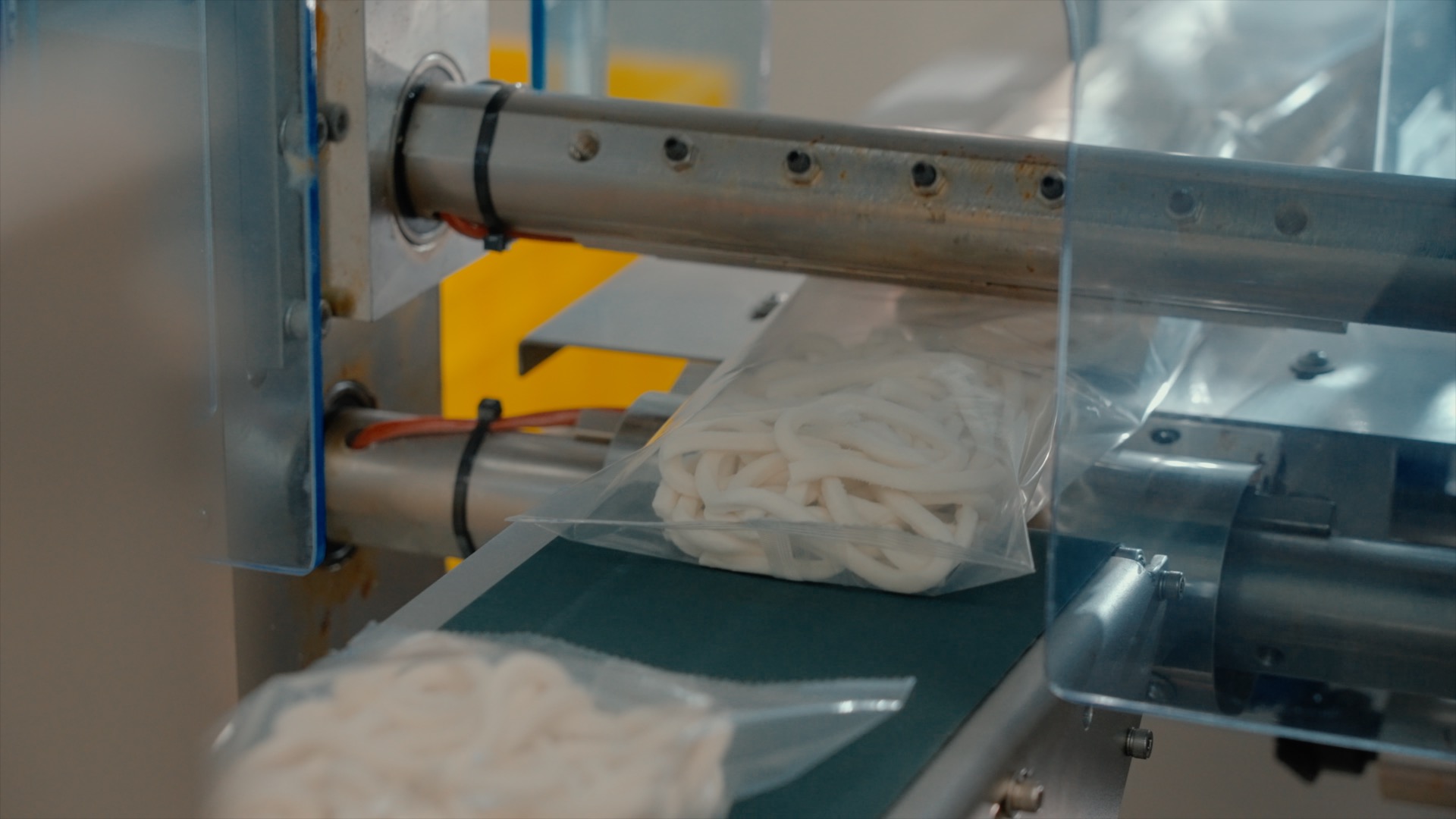 |
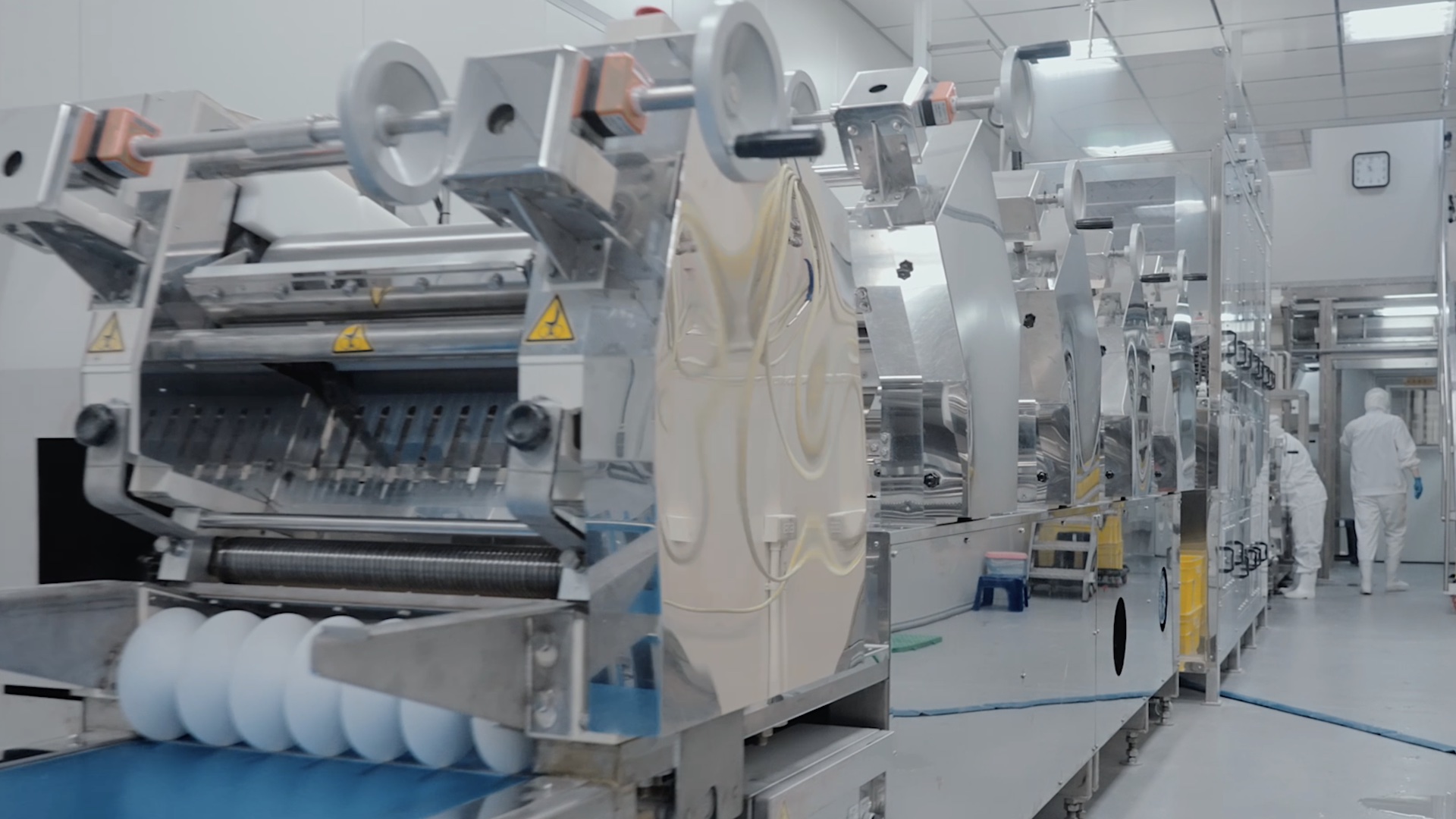 |
Consumer food safety and quality requirements and food import regulations in many countries have become more demanding, so fully automating production lines, diversifying product ranges, and using data to make products safer through data have all become key next steps for businesses.
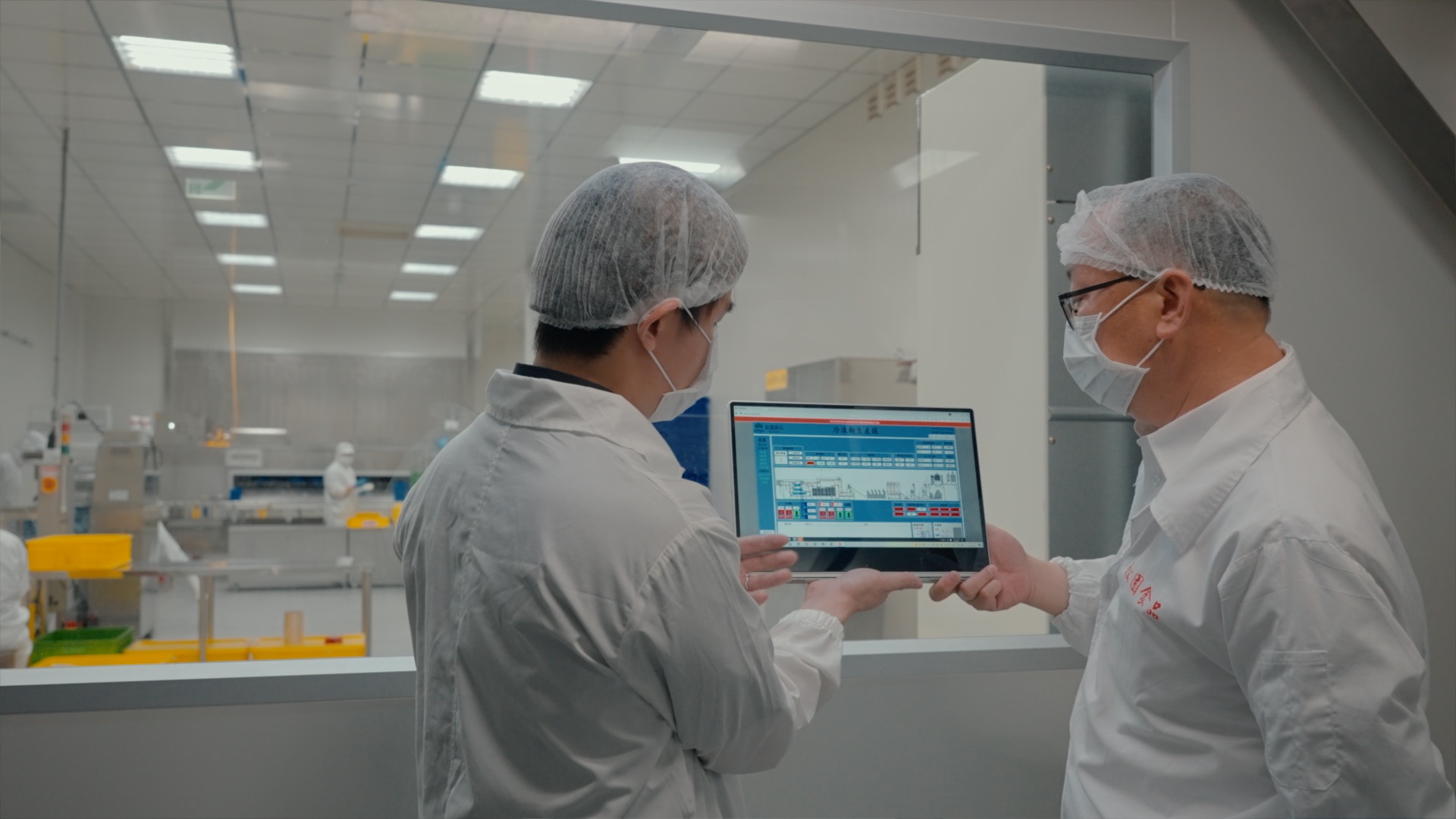 |
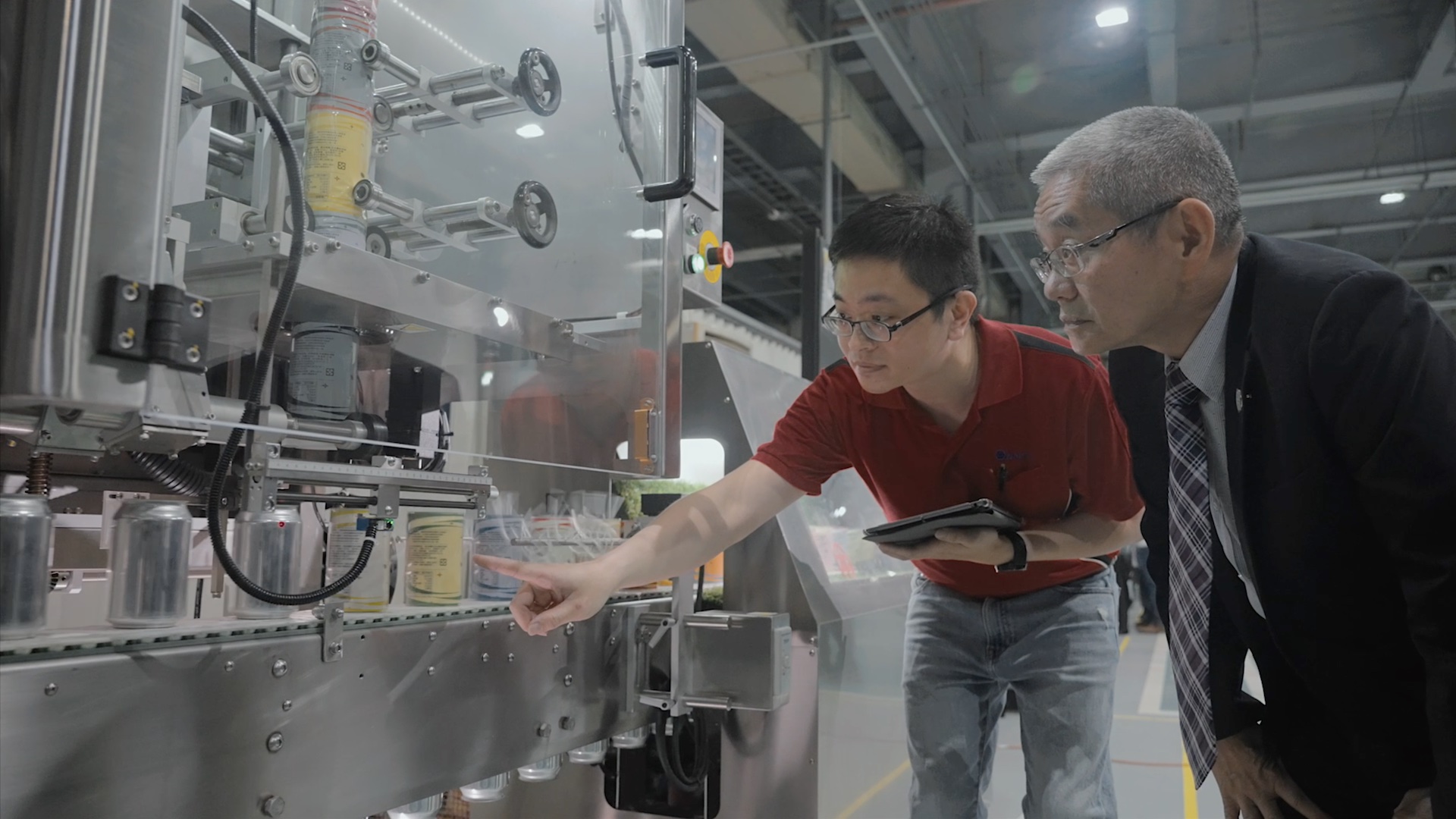 |
For example, food seasoning equipment systems allow manufacturers to customize products and make sure that each product is seasoned evenly, ensuring both the quality and flavor of the product. In the case of noodles and pasta, data on temperature, humidity, vibrations and other metrics have an important effect on both storage and taste. “The analysis of different kinds of system data makes it possible to create intelligent production lines with features like fault prediction and smart scheduling, as well as facilitating intelligent tracing of products, massively increasing both the efficiency and quality of factories.” Chien-Tsang Wang, Chairman of the Taiwan Food & Pharmaceutical Machinery Manufacturer’s Association, also shared his experiences.
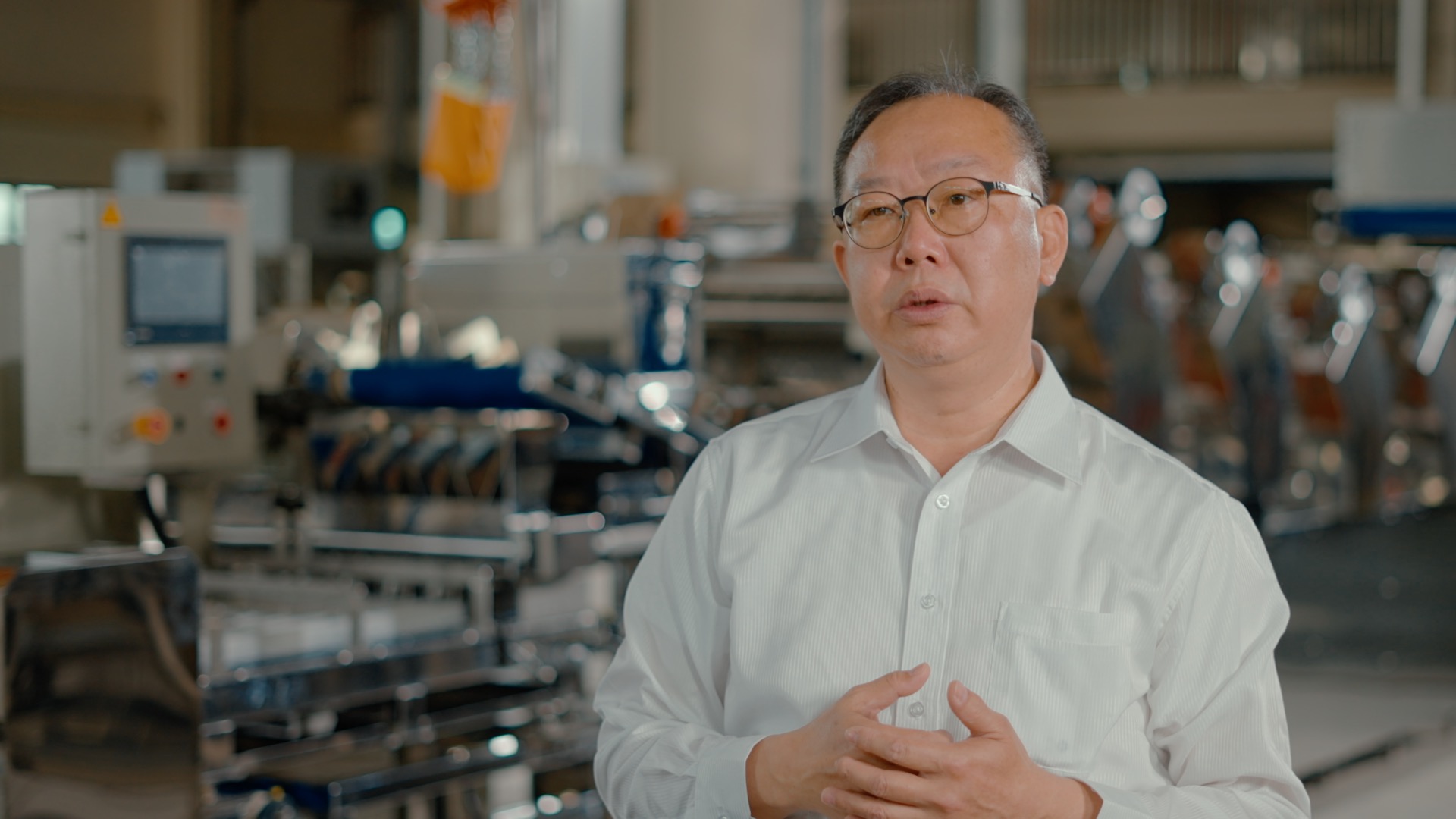
A wave of net zero campaigns have been launched around the world in recent years, with carbon taxes presenting a new challenge for food machinery, while greater interest in ESG issues means that businesses need to take responsibility for protecting the planet at the same time as looking after their own needs.
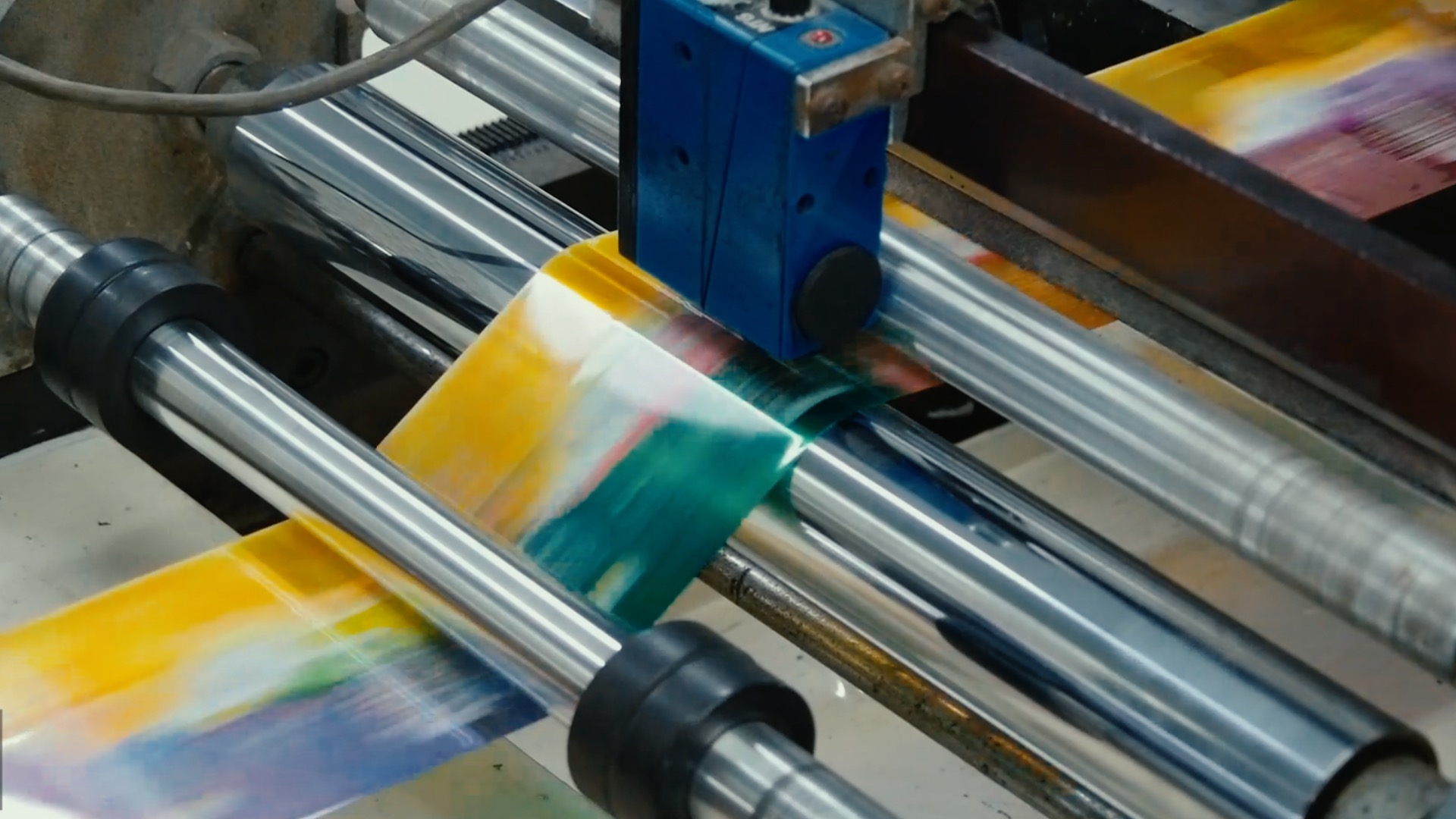 |
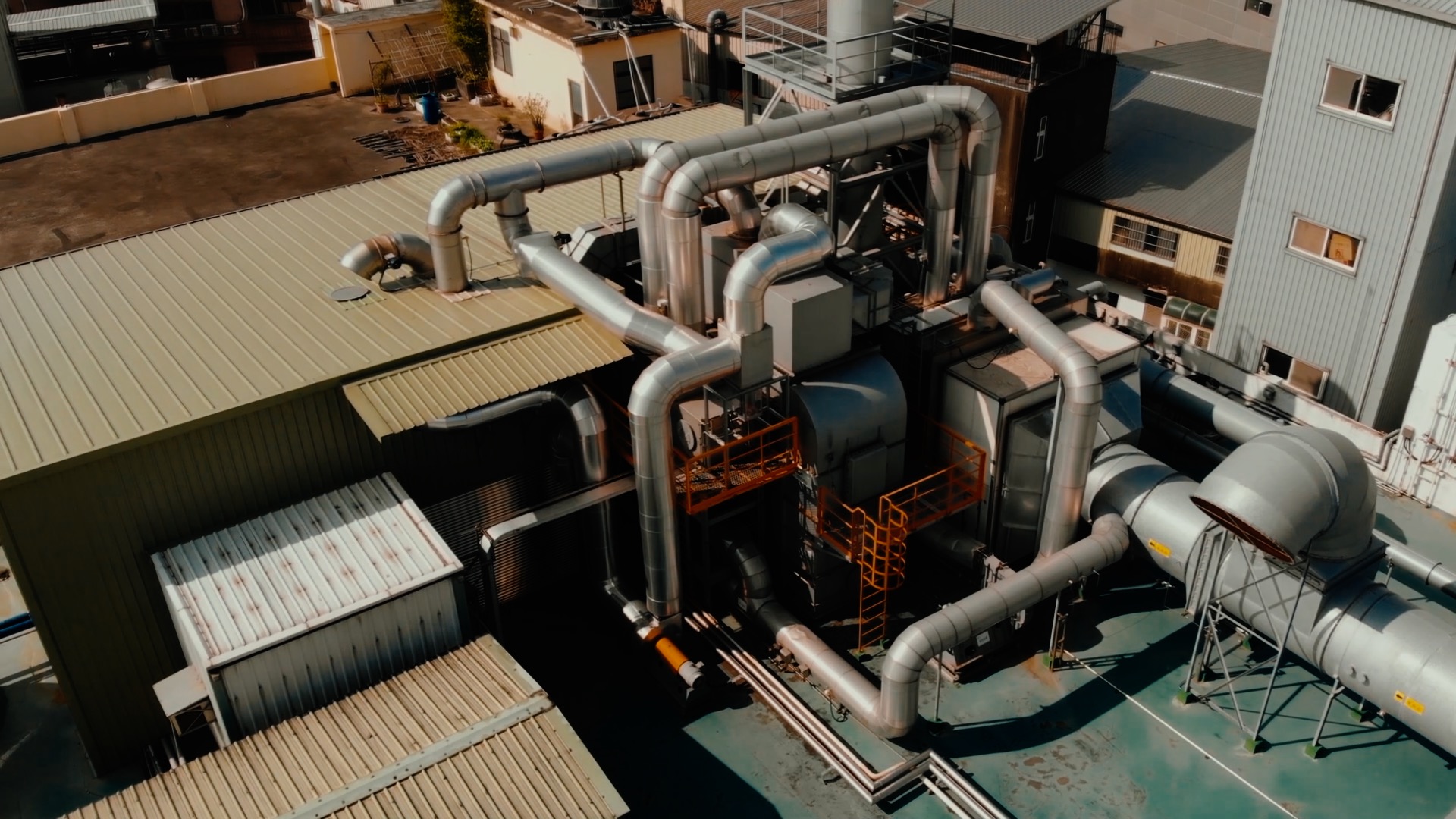 |
There has also been a trend towards integrating food processing and packaging, so another issue is how manufacturers make the most of innovative materials and adaptable, flexible designs to deliver improvements in both safety and image. Taiwanese manufacturers combine digital printing with electronic imaging-based ink supply technology to reduce plate making and proofing time and improve efficiency, at the same time as meeting demand for small batches and greater variety. Benker Liao, Chairman of the Taiwan Packaging Association, commented that: “Smart tech can make production processes more transparent, but improvements in packing materials and printing technology are also reducing manufacturing emissions and pollution, as well as reducing the impact of residues on food. Taiwan is at the forefront of all these emissions reduction efforts, from greener packaging and manufacturing waste recycling to improving energy efficiency, enabling us to better assist global brands in creating value.”
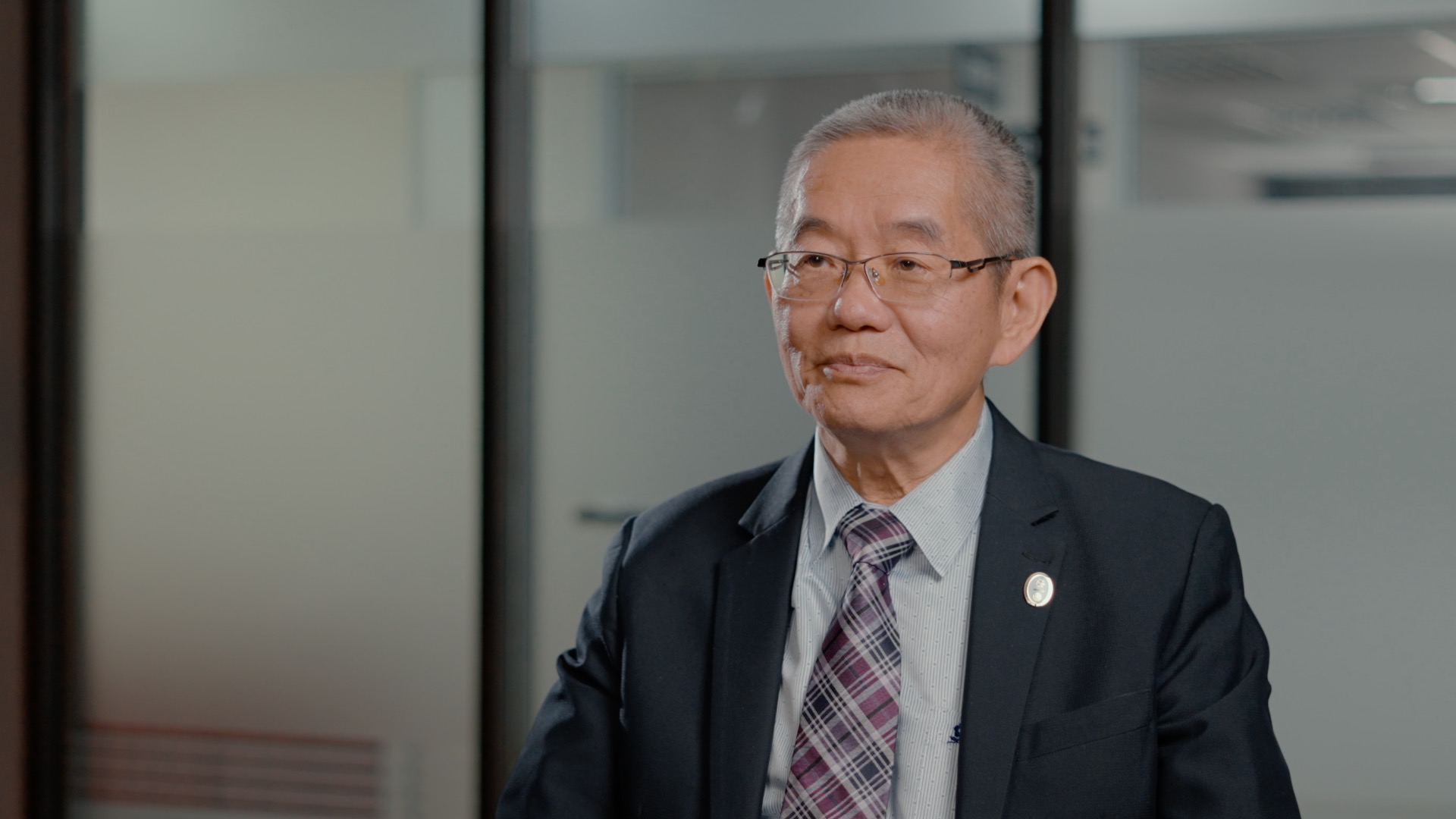
Taiwan’s food machinery sector benefits from the island’s highly developed machinery manufacturing industry, which has complete, vertically-integrated supply chains for areas including metal materials, machining and electromechanical control. The industry cluster has enabled the sector to build up strengths in customization, low production costs, and short delivery times.
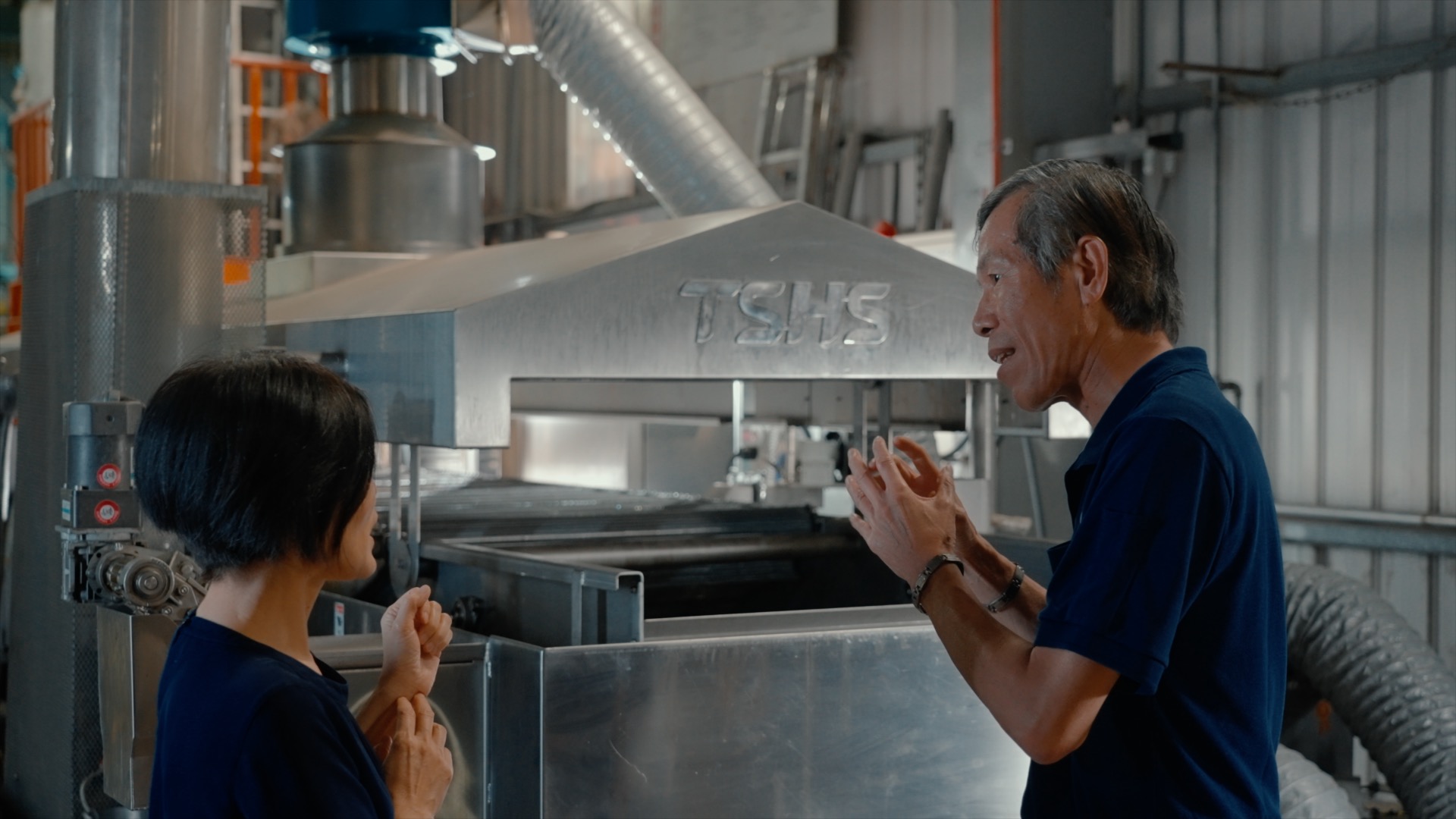 |
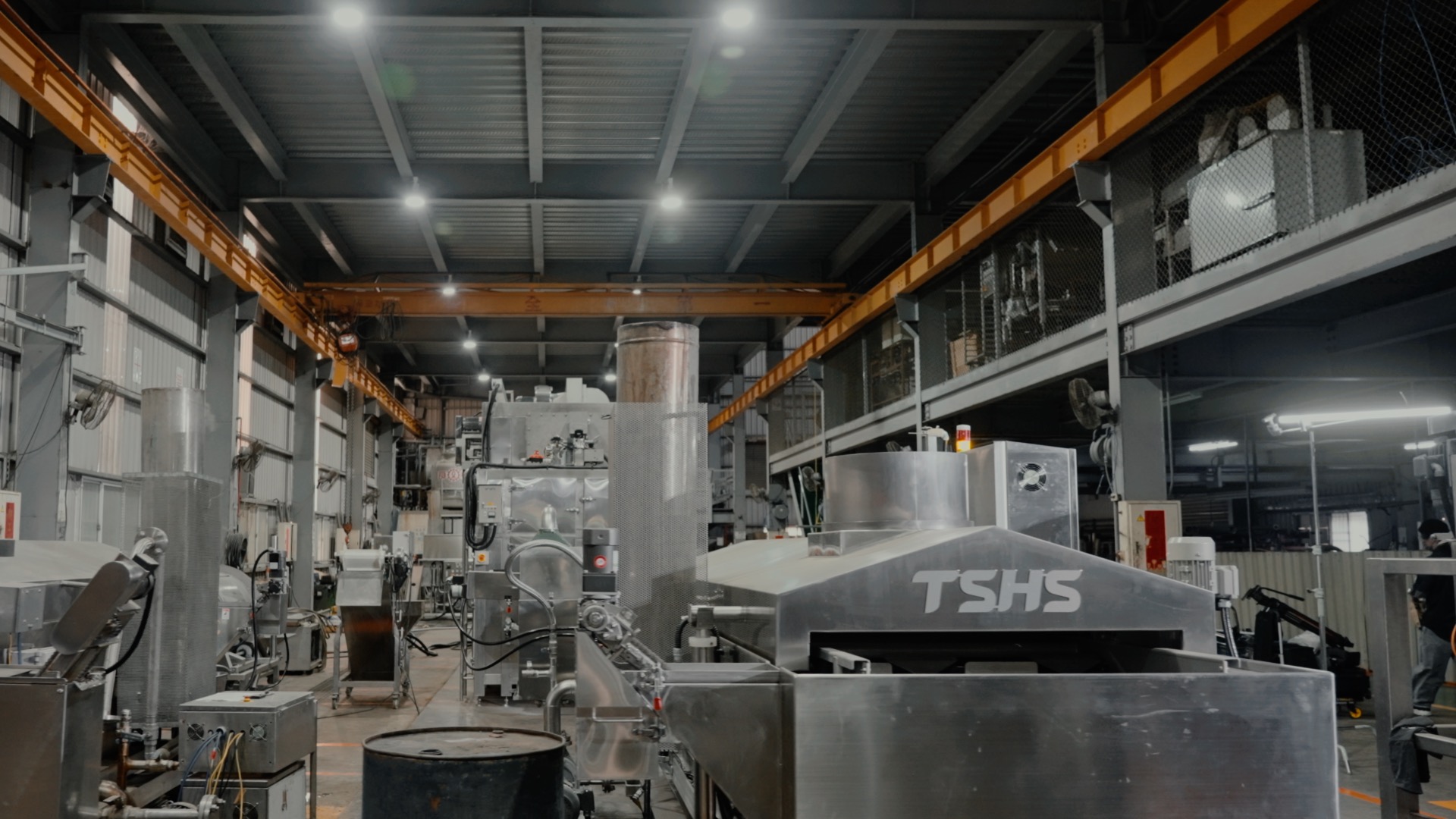 |
Taiwan’s R&D strengths and flexible customization capabilities have also enabled its manufacturers to grasp market trends and continuously improve product efficiency and quality for global food markets, as well as helping them to evolve in tandem with the needs of businesses and consumers and keep up with global trends.